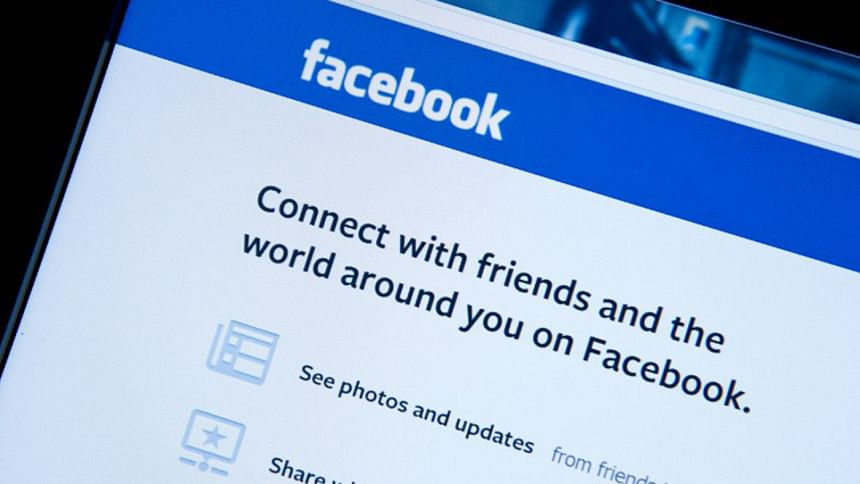Facebook announces new tools to tackle video theft

Facebook has announced measures to tackle video piracy on its website.
The company said new video matching technology would alert selected content creators if their videos were reposted to Facebook without permission.
In August, YouTube star Hank Green wrote a blog criticising the company over its slow response to video piracy.
Brady Haran, who runs a collection of YouTube channels, told the BBC he still had questions over Facebook's new approach.
Facebook has been trying to grow its video business and in July it announced plans to share advertising revenue with content creators for the first time.
But the company has been criticised by prominent video creators such as Mr Green for failing to tackle video piracy.
In June, research by advertising agency Ogilvy found that 73% of the most popular videos on Facebook had been ripped from other websites.
Announcing its new approach, Facebook said: "Our matching tool will evaluate millions of video uploads quickly and accurately, and when matches are surfaced, publishers will be able to report them to us for removal."
The new tool will be available to a "small group of partners" while the company improves the technology.
As well as detecting freebooted videos, the BBC understands the tool will be able to detect when small portions of stolen content are used in another video without permission.
However, unlike YouTube's content ID system which can block infringing videos automatically, Facebook's system will notify copyright holders and ask them if they want to remove the freebooted video.
"It's a daily frustration to see wealthy companies exploit your work without permission," said Brady Haran, whose educational YouTube channels are followed by around two million people.
Mr Haran is credited with coining the term freebooting in the Hello Internet podcast he co-hosts.
He told the BBC: "The first few hours of a video upload is the golden window when it gets the most views. Any solution requiring notifications and human intervention risks 'closing the gate after horse has bolted'.
"Facebook must be aware of this and I'm curious about whether they plan to address it."
Facebook said it planned to develop a "comprehensive video management system" and was "committed" to tackling video piracy.

 For all latest news, follow The Daily Star's Google News channel.
For all latest news, follow The Daily Star's Google News channel. 



Comments